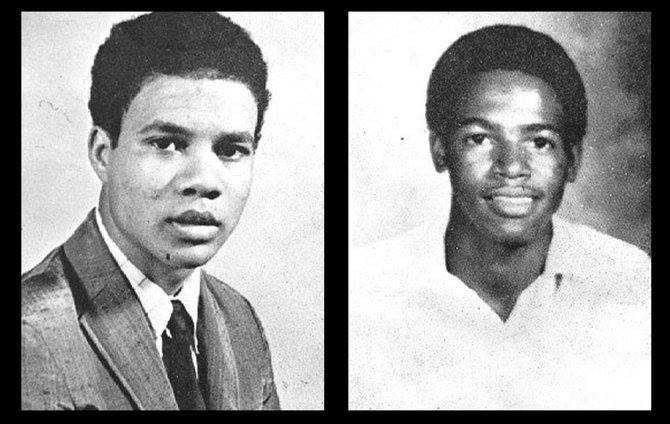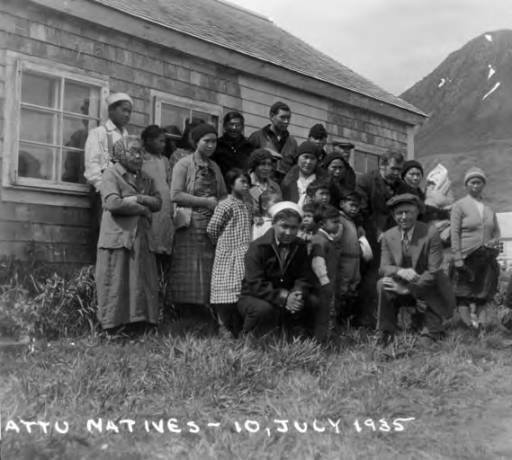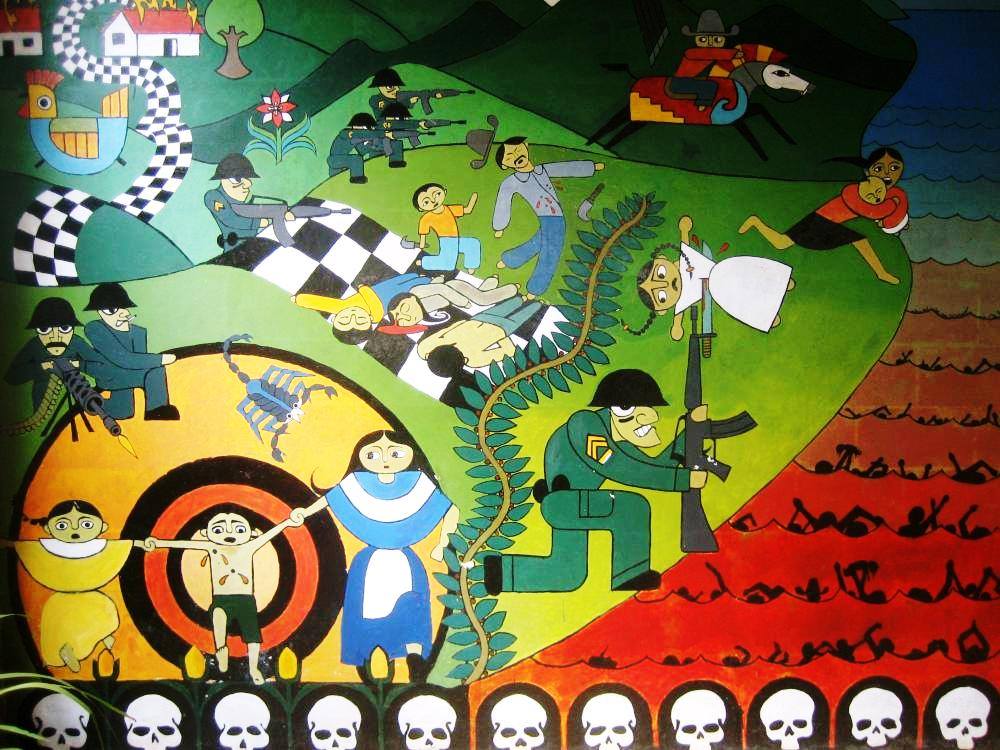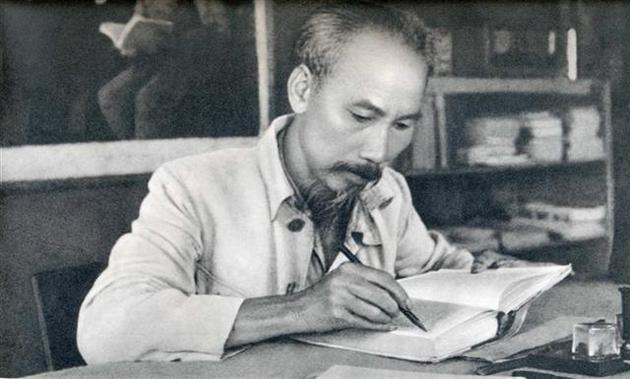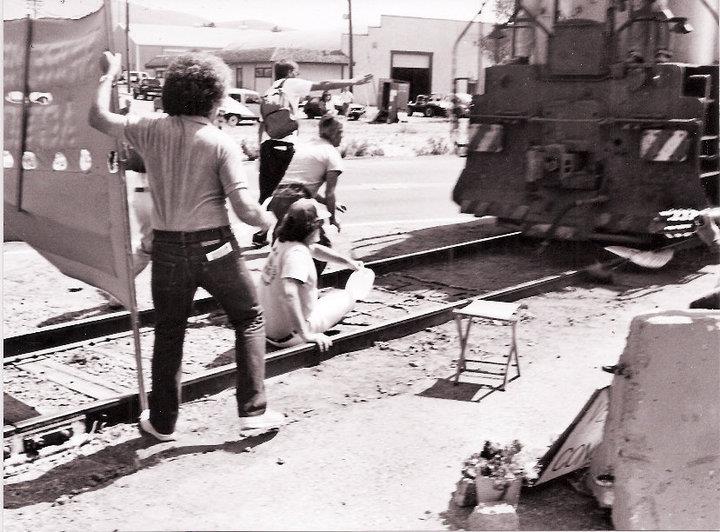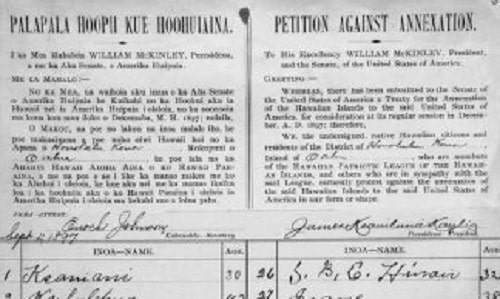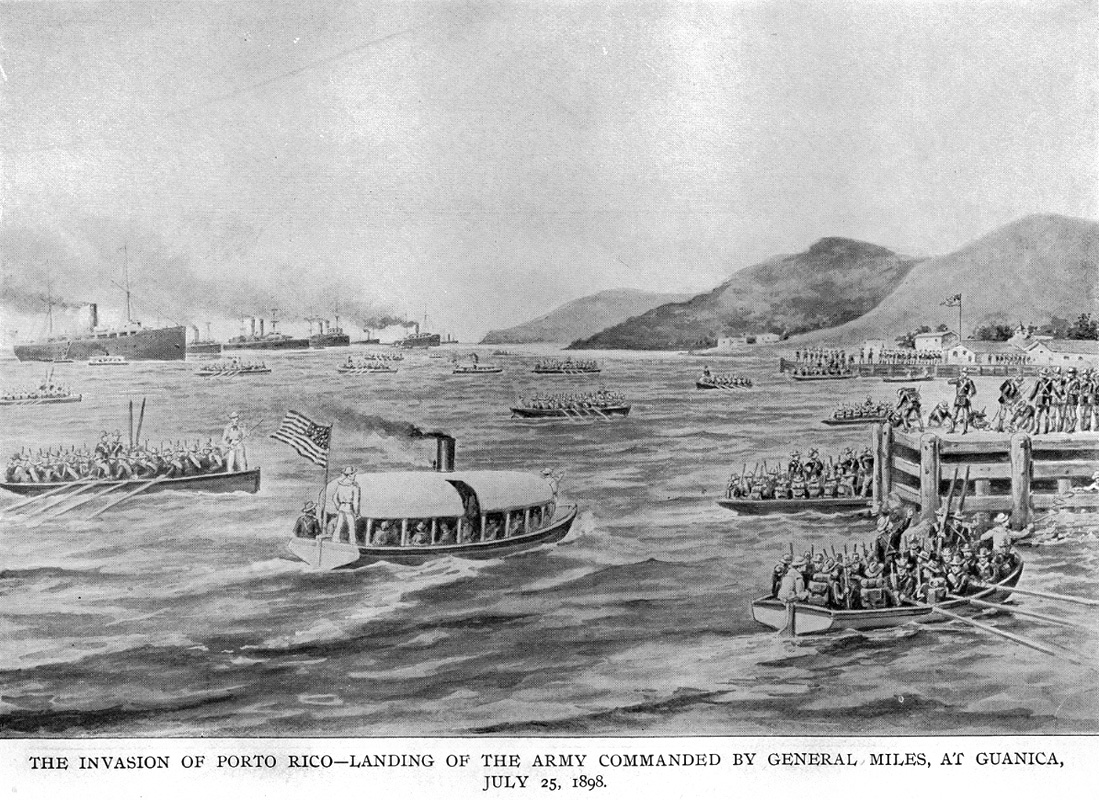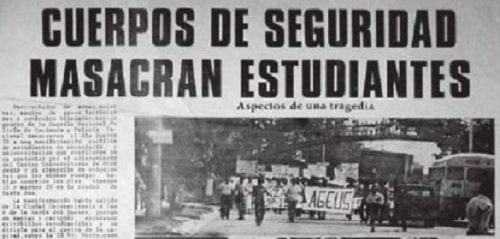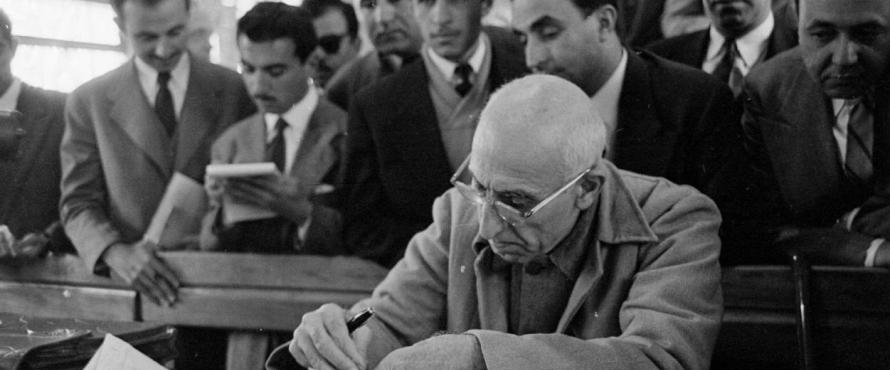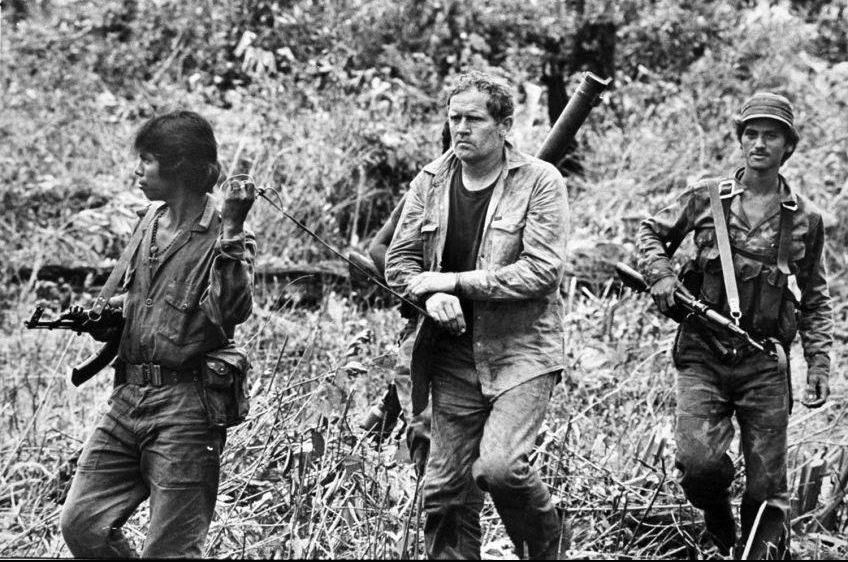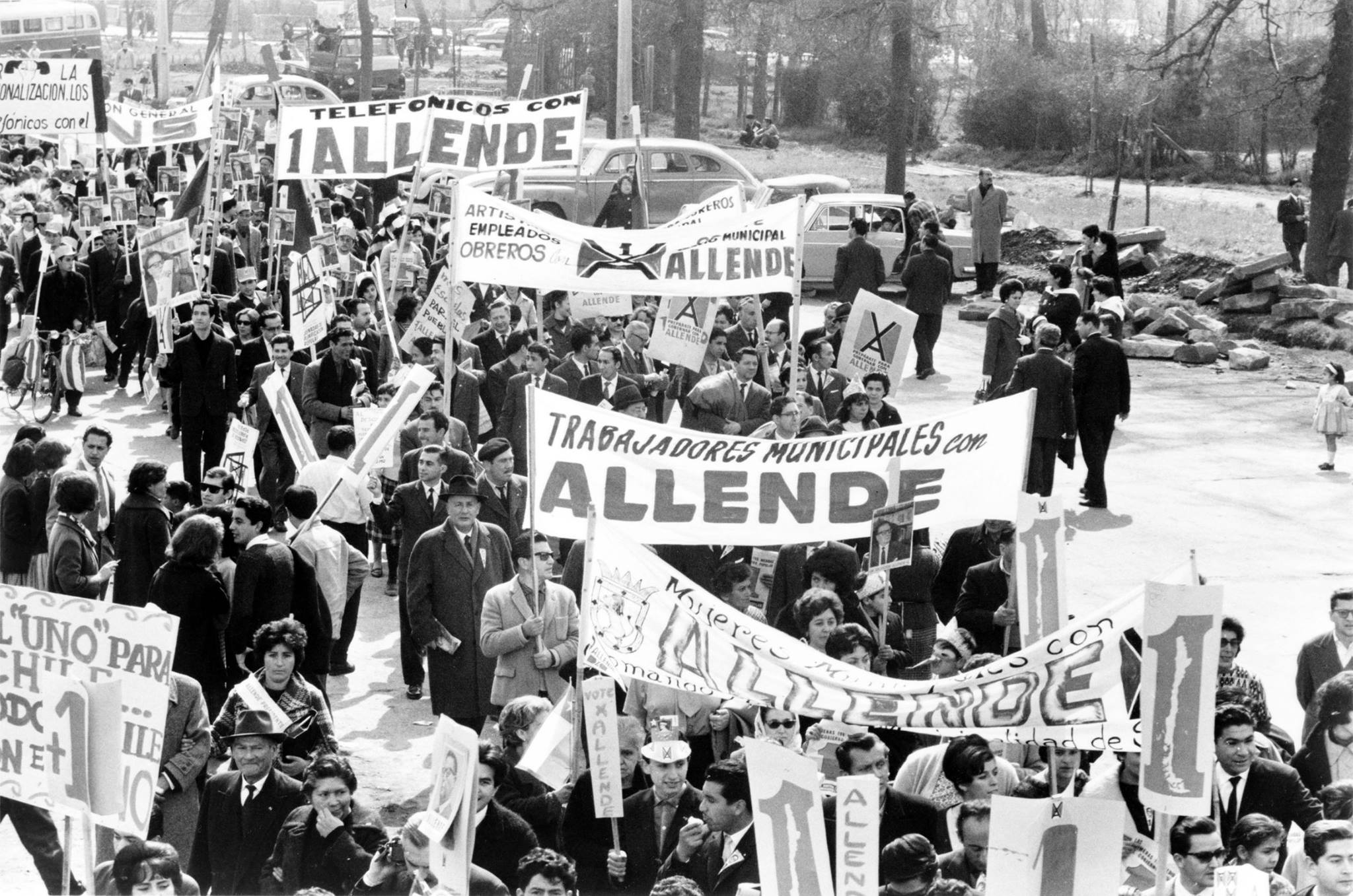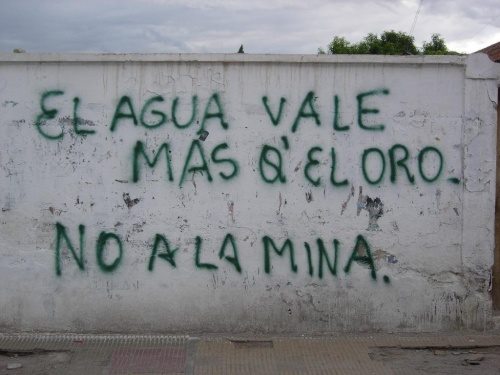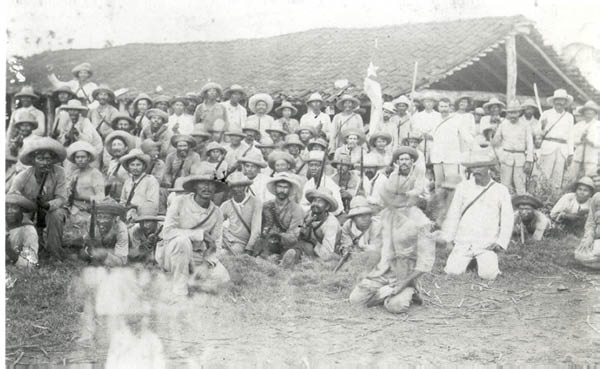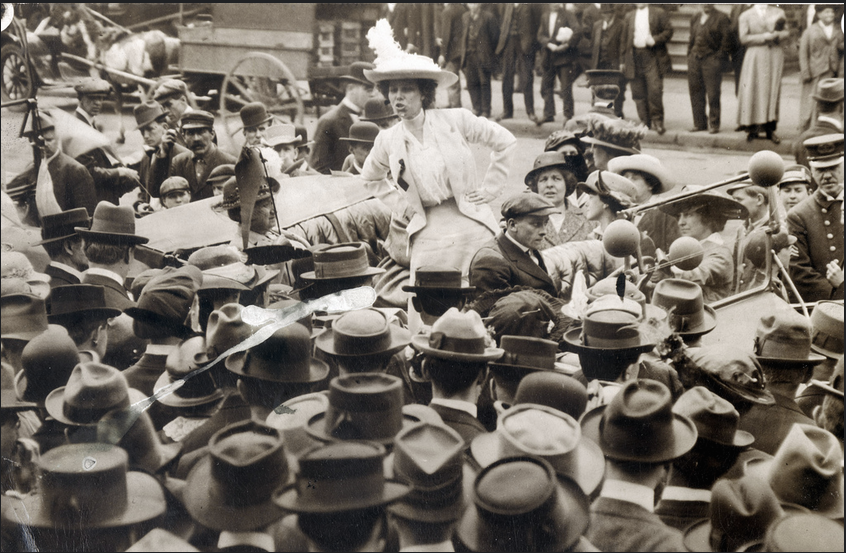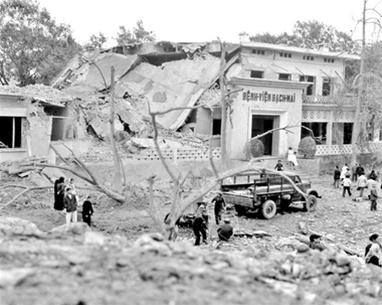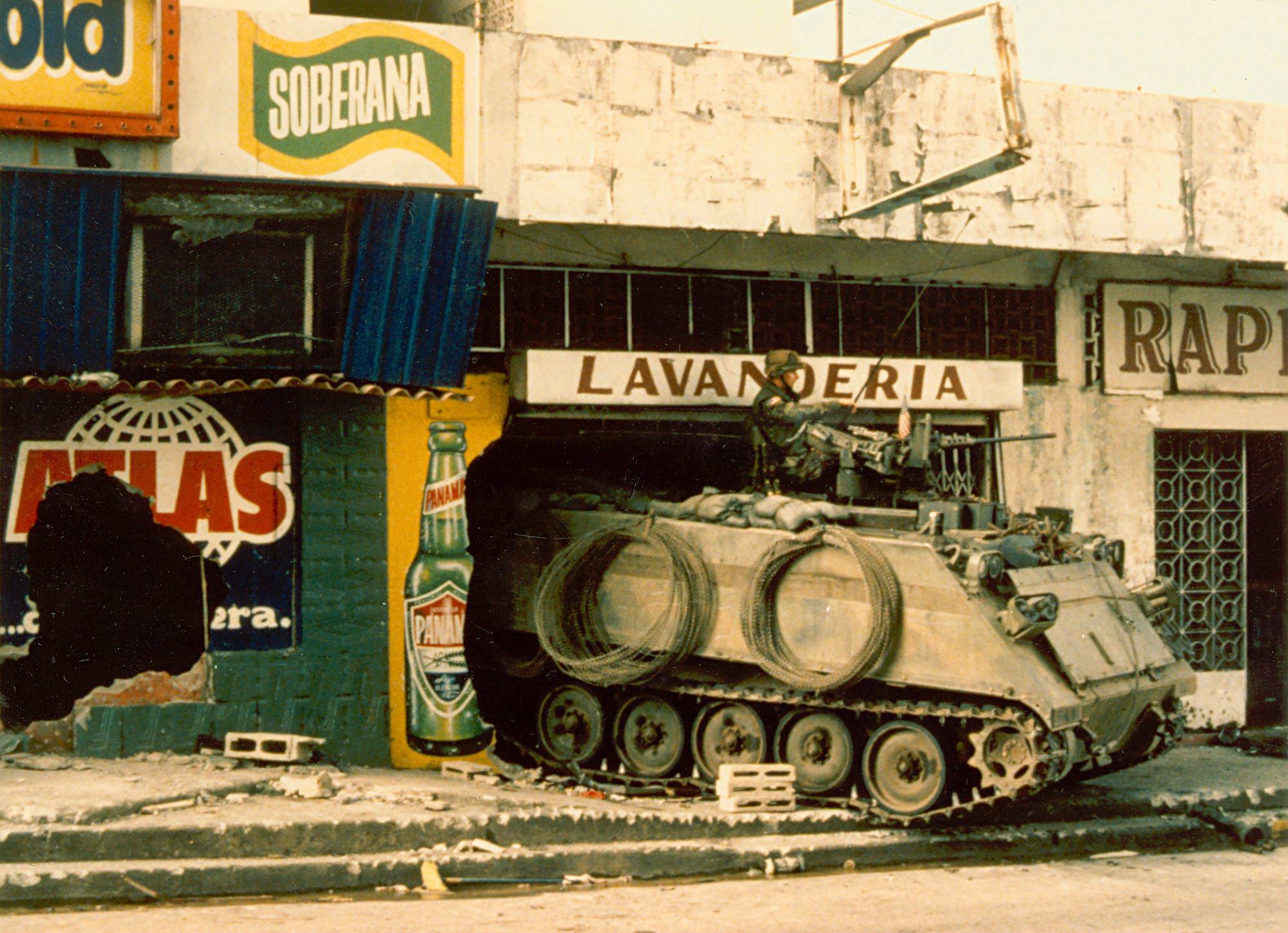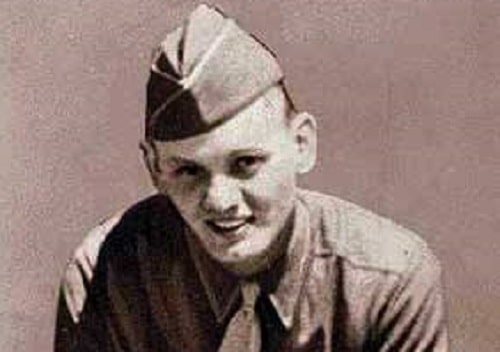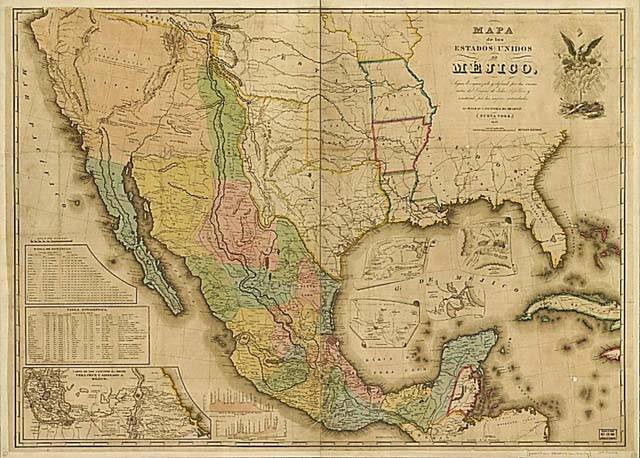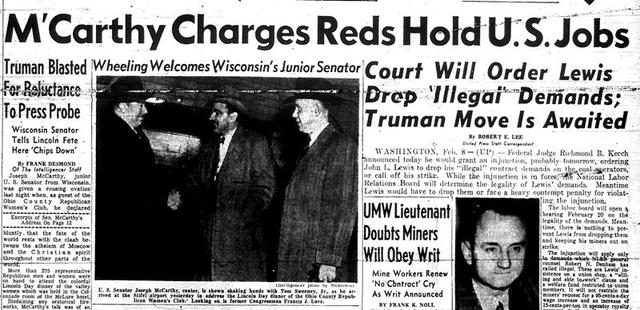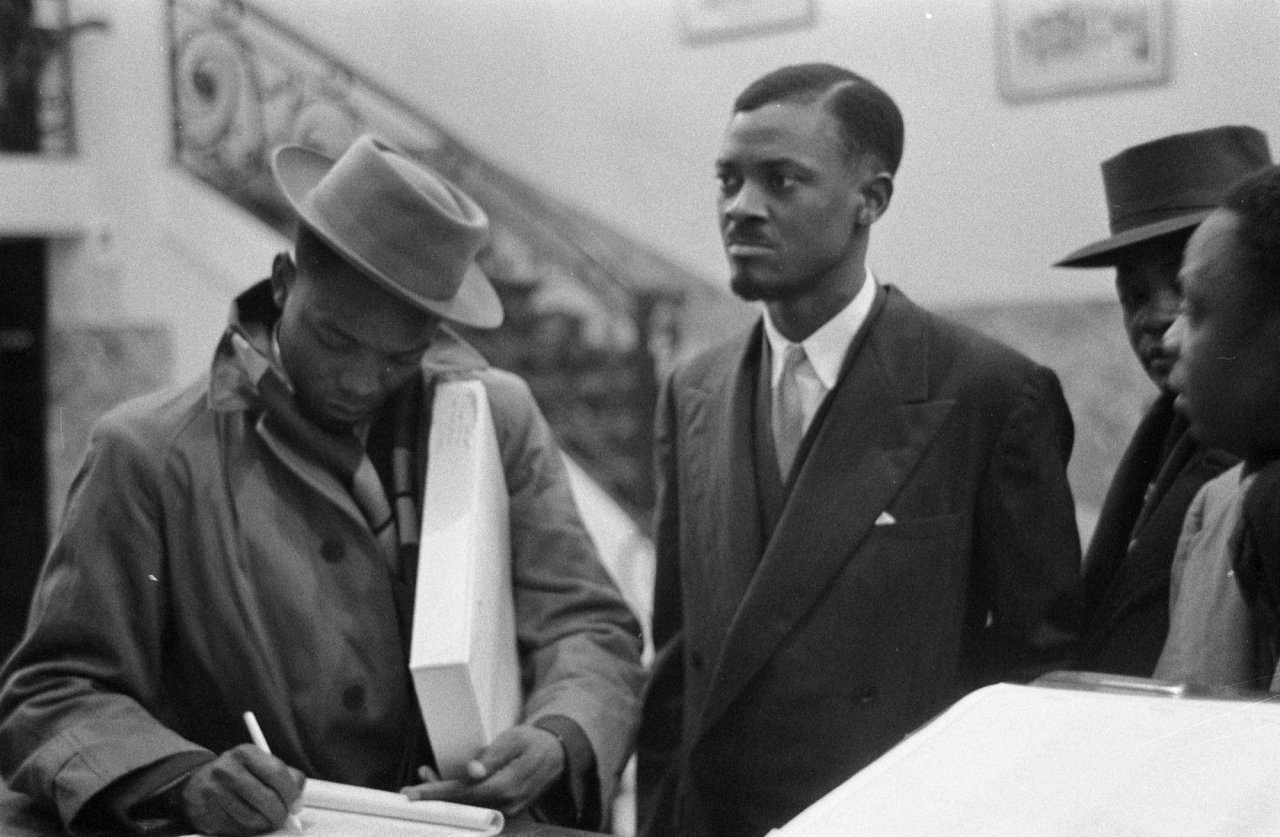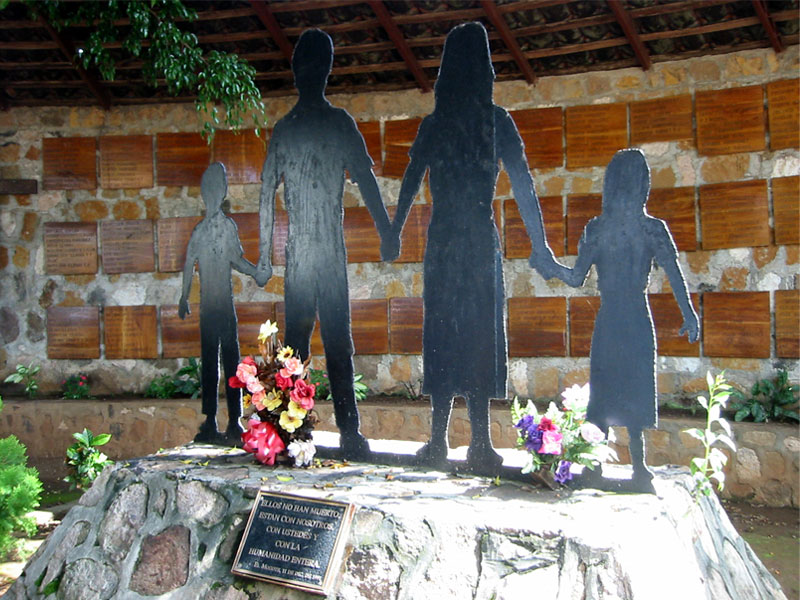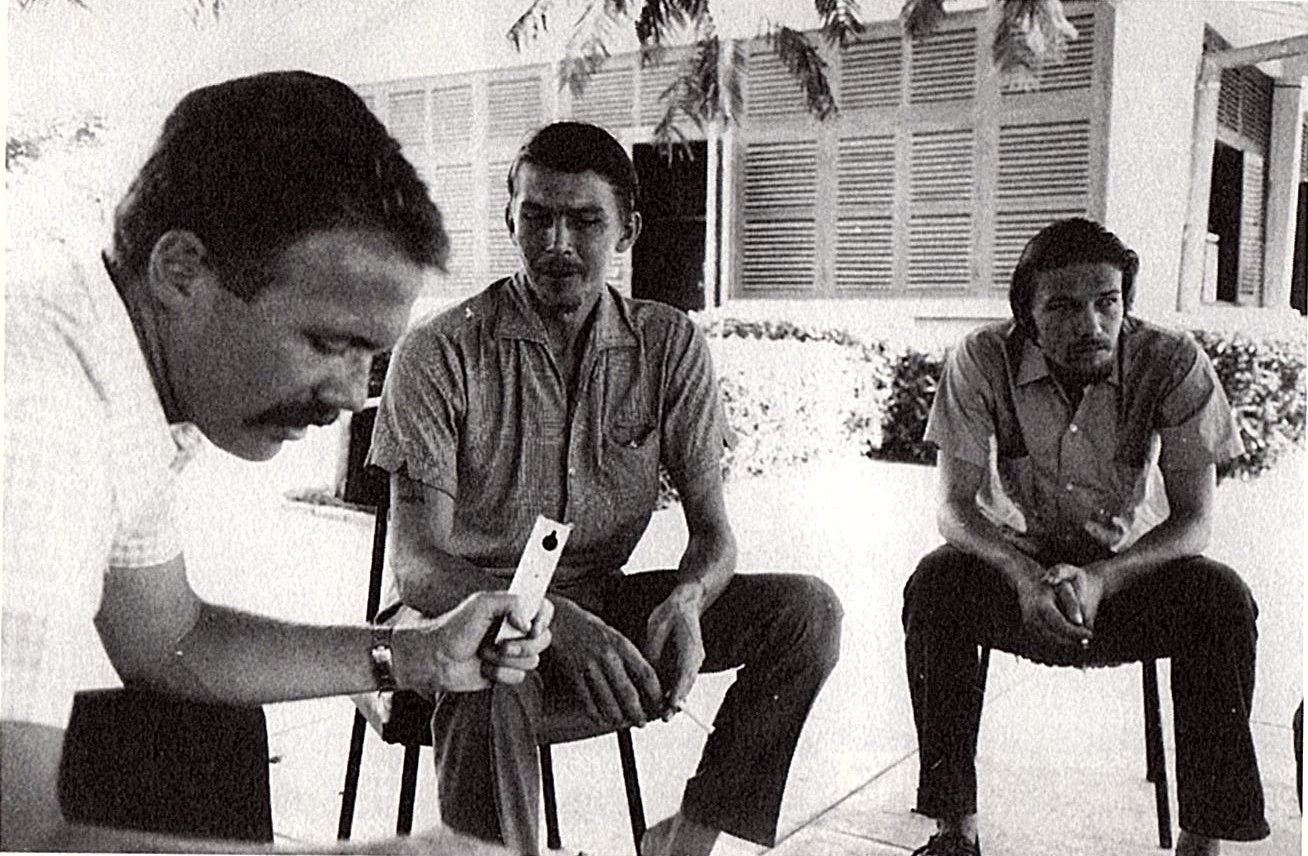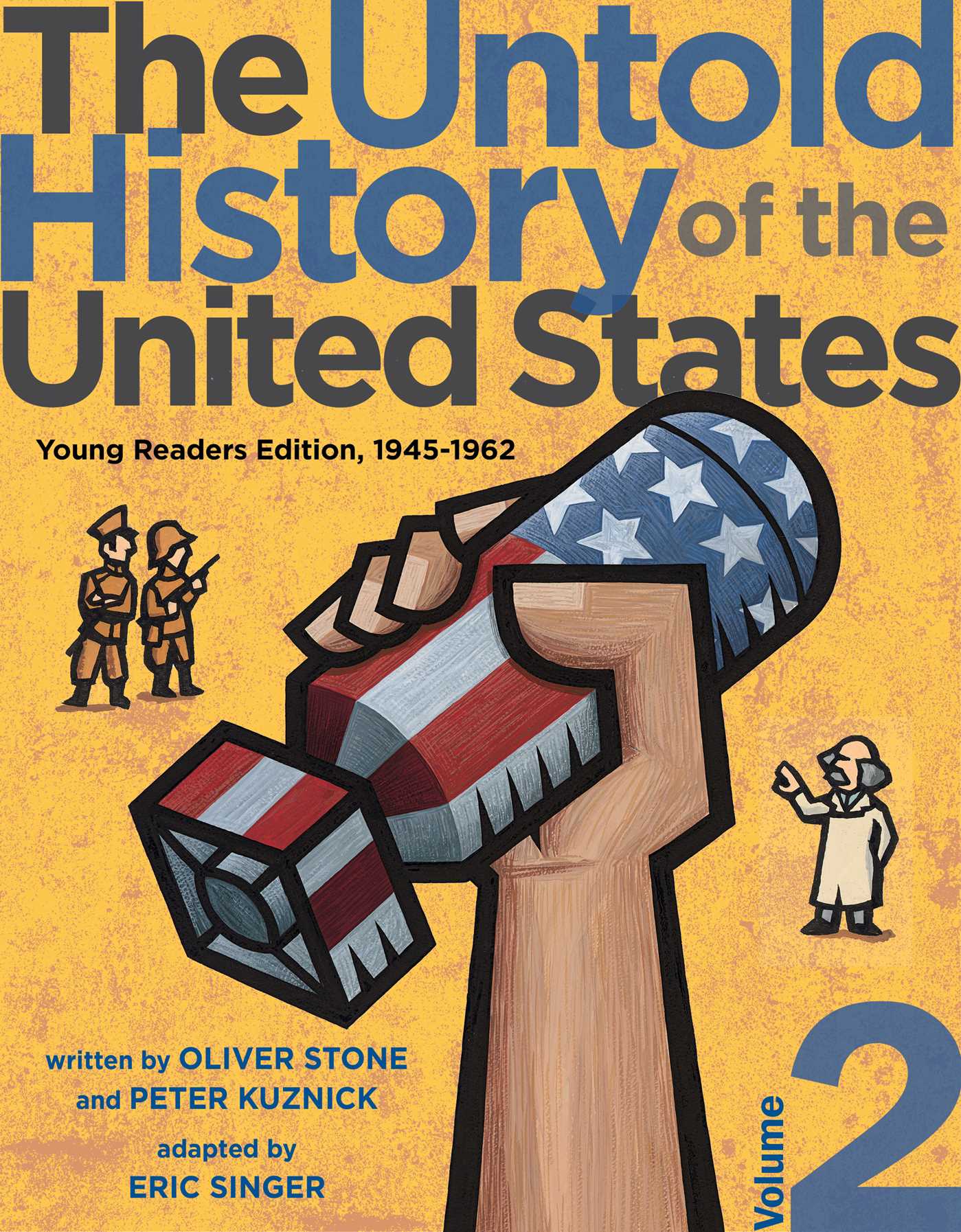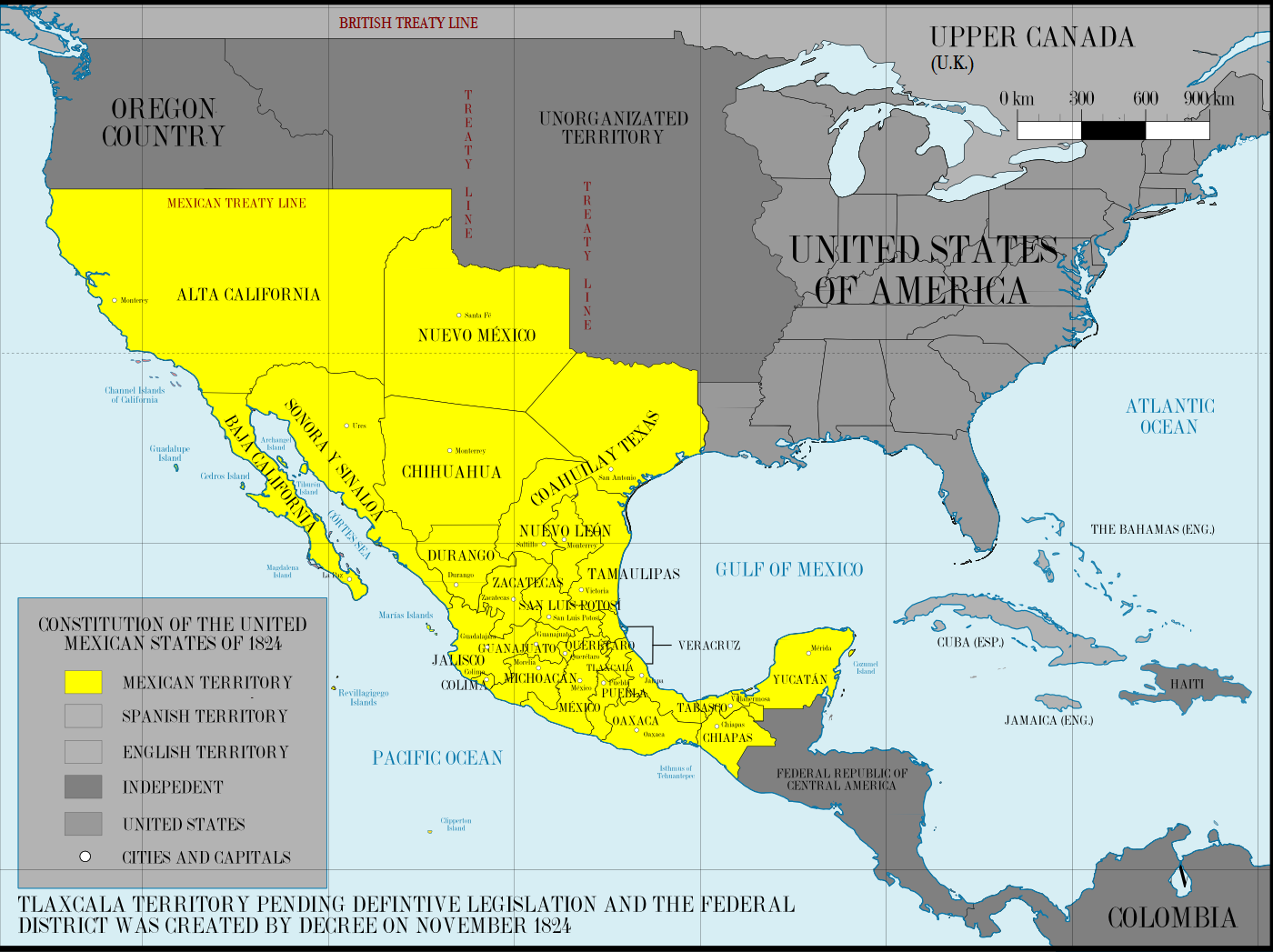College student Phillip Lafayette Gibbs (21) and high school student James Earl Green (17) were killed by the police during an anti-war protest at Jackson State College.
Continue reading
Nine people entered the Selective Service Offices, removed and burned draft records, and were collectively arrested in protest of the Vietnam War — they became known as the Catonsville Nine.
Continue reading
The Battle of Attu was fought between U.S. and Japanese forces, with Attu villagers taken as prisoners of war.
Continue reading
A general strike was held in El Salvador against U.S.-funded death squads.
Continue reading
S. Brian Willson’s legs were amputated by a train during a nonviolent protest against the U.S. arming of El Salvadoran death squads.
Continue reading
Dozens of high school and university students in a peaceful protest were killed and injured by the U.S. backed Salvadoran police and National Guard.
Continue reading
Democratically elected Iranian Premier Mohammad Mossadegh was removed from power in a coup.
Continue reading
The cover-up of the Iran-Contra scandal began to unravel when Eugene Hasenfus was captured by Nicaraguan troops.
Continue reading
Salvador Allende became president of Chile and adopted policies for the social good, such as raising minimum wage and increasing access to health care and education.
Continue reading
The “civil war” in El Salvador officially ended, but other struggles followed, including to protect the land and water from gold mining.
Continue reading
The Treaty of Paris was signed, ending the Spanish-American War. None of the countries that had fought for decades for their freedom were represented at signing of the treaty.
Continue reading
U.S. peace activist and suffragist Kate O’Hare was sentenced to five years’ imprisonment for a speech denouncing WWI.
Continue reading
Richard Nixon initiated a massive “carpet bombing” campaign in Northern Vietnam, mainly targeting Hanoi.
Continue reading
General Dwight Eisenhower endorsed the finding of a court-martial in the case of Eddie Slovik, who deserted from the U.S. Army during World War II.
Continue reading
The Treaty of Guadalupe Hidalgo was signed, ending the U.S. Mexico War and extending the boundaries of the United States west to the Pacific Ocean.
Continue reading
Senator Joseph McCarthy delivered a speech at the McLure Hotel during which he claimed to hold a list of known communists in the U.S. State Department.
Continue reading
Prime minister of the Republic of the Congo, Patrice Lumumba, was executed with the assistance of the governments of Belgium and the United States.
Continue reading
More than 800 civilians were massacred by the U.S.-backed Salvadoran Army in El Mozote.
Continue reading
Two U.S. merchant seamen mutinied against the captain and crew aboard the SS Columbia Eagle, as it crossed the Pacific during the Vietnam War.
Continue reading
Book — Non-fiction. By Oliver Stone and Peter Kuznick. Adapted by Susan Campbell Bartoletti and Eric S. Singer. Vol 1. 2014. 400 pages. Vol 2. 2019. 320 pages.
These are two volumes of illustrated histories, adapted for students from a documentary book and film of the same name.
Continue reading
Today’s border with Mexico is the product of invasion and war. Grasping some of the motives for that war and some of its immediate effects begins to provide students the kind of historical context that is crucial for thinking about the line that separates the United States and Mexico.
Continue reading

